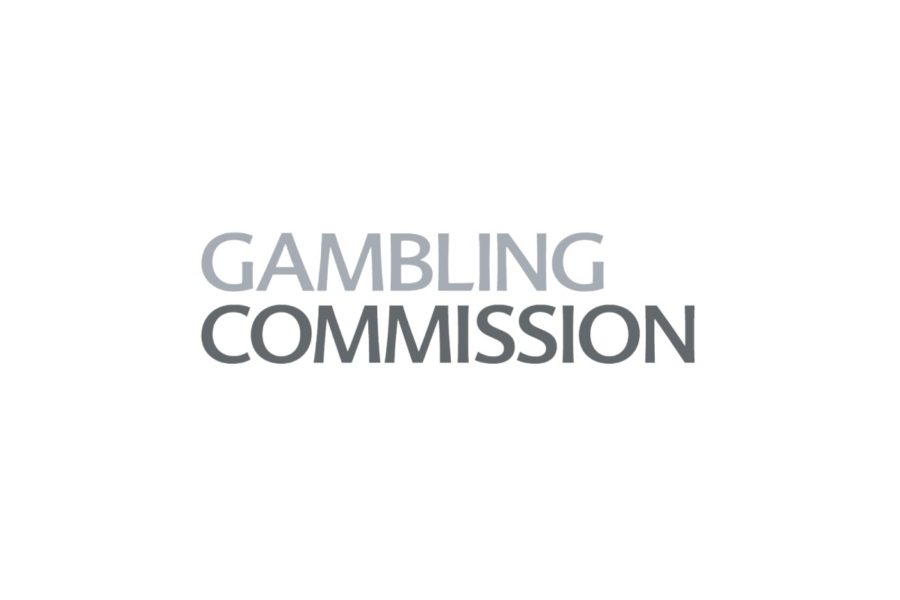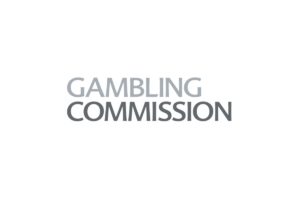British Gambling Commission gives guidance on new consumer protection rules

The new requirements will come into force on September 12.
UK.- The British gambling regulator, the Gambling Commission, has published guidance ahead of the introduction of new consumer protection requirements on September 12. The guidance aims to ensure that online gaming operators are clear on what they need to do to meet the new requirements, which were announced in April.
Operators will now have to bring in automated processes to record indicators of gambling harm and will need to be able to provide evidence of their evaluations and customer interactions to the regulator as part of routine casework. They must prevent marketing to at-risk players and must “|take action in a timely manner”, elevating interactions and engaging with customers
The Gambling Commission’s chief executive Andrew Rhodes said: “Operators must take account of this guidance ahead of the stronger requirements coming into effect. We are giving the industry time to prepare for the changes and expect full compliance by September.
“Every gambling business has a role to play to prevent gambling harm and this guidance makes clear what we expect to see, which will be supported with enforcement action should we need it.
“In the current context, including the rise in the cost of living, it is more important than ever for operators to meet these requirements to identify customers at risk of harm.”
New Gambling Commission customer protection measures
The new procedures require online gambling operators “do more to identify and take action to protect customers at risk of harm”. They cover the use of harm indicators, which operators must monitor to identify vulnerable customers.
Operators must monitor for strong indicators of harm and must know when to use automated systems and processes and how to measure the impact of customer interactions.
New provisions in the regulator’s social responsibility code require licensees to “implement effective customer interaction systems and processes in a way which minimises the risk of customers experiencing harms associated with gambling”.
These must include three elements of customer interaction: identify, act and evaluate, and it must be clear that customer interaction is continual. Licensees must have effective systems and processes to monitor customer activity, must use a range of indicators that are relevant to their customers and type of gambling, and must take appropriate action in a timely manner, and tailored to the number and level of indicators displayed by the customer in question.
The indicators to be used must include customer spend, patterns of spend, time spent gambling, gambling behaviour, customer-led contact, use of gambling management tools and account indicators. Operators must ensure that no marketing or bonus offers are sent to customers who have displayed strong indicators of harm.
Operators must also demonstrate that they understand the impact of their interactions with customers and that they take all reasonable steps to evaluate the effectiveness of their approach.
The Gambling Commission said it will be carrying out a consultation on how to tackle the three key financial risks of binge gambling, unaffordable losses over time and risks for the financially vulnerable.
Earlier this month, Rhodes spoke at the Westminster Media Forum Gambling Regulation Conference. He told the conference that publication of the government’s gambling white paper is “getting closer”, but said that the wait was not “an excuse not to tackle problems now”.
More than 18 months after the government began its review of the 2005 Gambling Act there are still no firm details on what new legislation will be proposed. The government has been promising all year that the white paper is coming soon, with its publication put back to spring. Now as spring turns to summer, there’s been plenty of rumour in the press about what’s in store.










